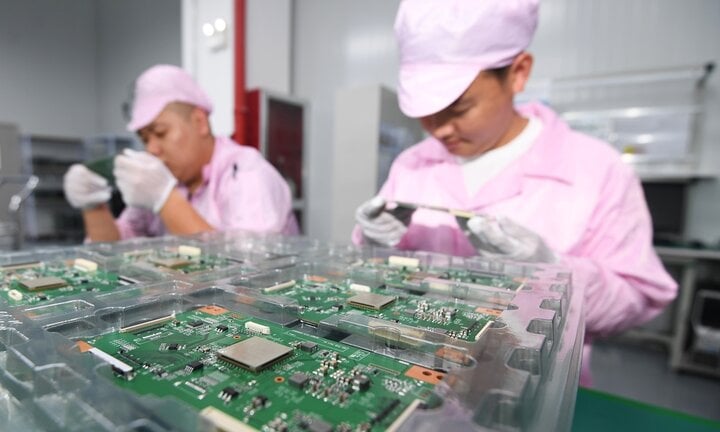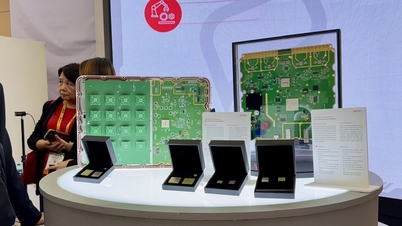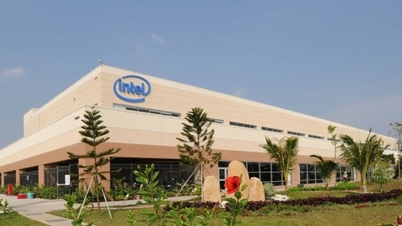Along with that, foreign operating systems including Microsoft's Windows are also being considered for replacement with domestically sourced options.
In late December last year, China's Ministry of Industry issued three separate lists for CPUs, operating systems, and centralized databases that are deemed “safe and reliable,” effective for three years after the date of publication.
All the companies on the list are Chinese, Reuters said.

China is gradually replacing foreign computer chips and operating systems with domestic products. (Photo: Global Times)
Among the 18 approved processors are chips made by Huawei and Phytium Group, both of which are on Washington’s export blacklist. The Chinese chipmakers use a mix of Intel x86, Arm, and other domestic chip architectures. For operating systems, they use open-source Linux-based software.
Meanwhile, the US is implementing a plan to increase domestic semiconductor production, reducing dependence on China and Taiwan, with the "backbone" being the CHIPS Act passed by Congress in 2022. This is a law designed to financially support domestic production and subsidies for advanced chip development.
China is Intel's largest market in 2023, accounting for 27% of its $54 billion revenue and 15% of AMD's $23 billion revenue.
Both US chip companies declined to comment on Beijing's regulations.
According to a notice from China’s state testing agency, the top criteria for judging a chip as “safe and reliable” is whether the design, development and final production are done in the mainland. In addition, companies must submit complete R&D documents and codes for their products for review.
Source


![[Photo] General Secretary To Lam receives President of the Senate of the Czech Republic Milos Vystrcil](/_next/image?url=https%3A%2F%2Fvphoto.vietnam.vn%2Fthumb%2F1200x675%2Fvietnam%2Fresource%2FIMAGE%2F2025%2F11%2F21%2F1763723946294_ndo_br_1-8401-jpg.webp&w=3840&q=75)
![[Photo] National Assembly Chairman Tran Thanh Man holds talks with President of the Senate of the Czech Republic Milos Vystrcil](/_next/image?url=https%3A%2F%2Fvphoto.vietnam.vn%2Fthumb%2F1200x675%2Fvietnam%2Fresource%2FIMAGE%2F2025%2F11%2F21%2F1763715853195_ndo_br_bnd-6440-jpg.webp&w=3840&q=75)


![[Photo] Visit Hung Yen to admire the "wooden masterpiece" pagoda in the heart of the Northern Delta](/_next/image?url=https%3A%2F%2Fvphoto.vietnam.vn%2Fthumb%2F1200x675%2Fvietnam%2Fresource%2FIMAGE%2F2025%2F11%2F21%2F1763716446000_a1-bnd-8471-1769-jpg.webp&w=3840&q=75)
![[Photo] President Luong Cuong receives Speaker of the Korean National Assembly Woo Won Shik](/_next/image?url=https%3A%2F%2Fvphoto.vietnam.vn%2Fthumb%2F1200x675%2Fvietnam%2Fresource%2FIMAGE%2F2025%2F11%2F21%2F1763720046458_ndo_br_1-jpg.webp&w=3840&q=75)






































































































Comment (0)